In June, Leatherback, the Nigerian cross-border fintech once mired in fraud investigations, unveiled new executives in posters styled like Marvel character reveals. The flashy announcement came nine months after the company’s founder exited amid cofounder misalignment and marks a new chapter for a startup trying to reassert itself after a turbulent stretch.
After being cleared of wrongdoing by Nigeria’s Economic and Financial Crimes Commission (EFCC) and the conclusion of its court case, Leatherback has a new leadership team. Ochebhoya Ekpete now serves as CEO, joined by Usman Amusat as vice president of product and operations and Mayowa Afe-Ogundele as CTO. Together, they bring 35 years of collective experience and a new direction for the company.
The new executives, who must stabilise Leatherback’s team and grow its revenue, are now steering its pivot toward enterprise infrastructure. The fintech is shifting its focus from a consumer-facing app to the financial plumbing behind cross-border transactions, leveraging its licences in the UK and Canada, as well as partnerships in other markets, to offer over 180 currencies and power the rails that move money for others.
“Leatherback should be a major infrastructure player in digital payments and global banking,” Ekpete told TechCabal. “We want to power other fintechs, corporates, and select retail customers.”
They must also improve the fintech’s compliance and resilience as it scales and improves its 75% transaction margin, which Ekpete credited to Leatherback’s in-house core banking system and payment ledger.
“In the UK, we are regulated by the Financial Conduct Authority (FCA), and what we are doing today is take that very strict regulatory framework and apply it across all of the markets where we operate,” said Ekpete. “Where we find markets that have a stronger regulation, we will adopt the stronger one.”
Ekpete claims that the startup is “self-sustaining” and can cover its expenses with revenue, declining to share whether the company is profitable. The company makes money from transaction fees and FX conversion fees from its banking side, and collection fees, payout fees, and onboarding fees for high-risk customers on the payment side.
Inside the company, the reset has also meant a cultural rewrite. Leatherback’s over 60 employees recently completed a retreat where the new leadership team shared the startup’s new direction and introduced a share option plan for employees. The executive team also introduced overtime pay and performance-linked compensation to increase staff morale.
Why they joined Leatherback
Steering a six-year-old company through a turnaround comes with inevitable challenges, and each executive at Leatherback has been tasked with a distinct mandate to make its resurgence stick. For Amusat, the head of product, the immediate priority is stabilising the product organisation by plugging gaps through independent UX research, optimising existing payment rails, expanding provider networks, and strengthening redundancy to build resilience.
But stabilisation alone is not enough. Leatherback must quickly grow revenue. Amusat is also responsible for proving out the business model, restoring revenue on a sustainable growth trajectory.
“Last year’s events were unfortunate, but they never changed how I evaluated the business,” said Amusat, who previously held roles at Flutterwave, Smile Identity, and Dot. When considering Leatherback, he turned to customer reviews in app stores, which pointed to product and operational issues rather than systemic ones. “Most complaints were about delays in accessing foreign bank accounts, not money disappearing. That told me the problems were solvable.”
For Afe-Ogundele, the EFCC investigation never shaped his view of Leatherback. Customers never lost deposits, he said, which meant the business fundamentals remained intact. In his eyes, the company had already made smart infrastructure bets before his arrival. His task is to improve how Leatherback pushes new updates to its software and instill engineering discipline.
Okpete’s experience at payment giants like Cellulant, Interswitch, and Stripe convinced him that Leatherback could help African businesses collect and make foreign payments. With Leatherback’s in-house core banking and payments ledger giving it control over quality and pricing, he believes the fintech can win over enterprise clients and support healthy margins.
While the founder, Ibrahim Ibitade, left over misalignment with Dayo Amzat, the managing director of Zedcrest, Leatherback’s largest investor, Ekpete is adamant that history will not repeat itself.
“Alignment is critical, and since I joined, we have been fully aligned on strategy,” he said. “Disagreements on execution happen, but we resolve them through structured discussions. In four to five months, we have had no major conflicts.”
Leatherback’s infrastructure pivot
For the new executives, retail is valuable for liquidity and Leatherback’s brand, but not the growth engine. “Our strategy is close to 70–30 in favour of enterprise,” said Amusat. “Businesses and API clients are what keep the lights on.”
Nigeria’s remittance market is crowded, with fintechs jostling for retail users by competing on speed and pricing to win market share. 2024 was one of the best years for international money transfer operators (remittance companies) as they collectively processed $1.49 billion more than in 2023 in the first nine months.
Leatherback is opting out of that knife fight and plans to sell shovels during this gold rush for Nigerian remittance companies. The fintech will still run retail remittance products, but the team is clear that enterprises and mid-market clients are the priority. Its pivot will put it in competition with larger fintechs like Flutterwave, but Leatherback wants to differentiate itself by offering more currencies than competitors like Aza Finance.
“We want to be the first to offer multi-currency accounts across more markets than anyone else, with deep Western banking integrations and global partnerships,” Amusat told TechCabal. “One access account will give users bank accounts in the US, UK, Canada, and Europe.”
The critical question is whether the new focus can translate into market share. Providing infrastructure is attractive in theory, but execution requires regulatory wins and partner integrations that are notoriously slow. Leatherback already has two licences outside Nigeria, in the UK and Canada. But it will need more licenses or partnerships to legally offer these currencies to Africa’s high-risk markets.
“Right now, we are building the rails before chasing volume,” Ekpete said. “If we scale without that, we’re back to square one.”
What the future holds for Leatherback
Five years from now, Leatherback’s leadership has set an audacious goal to generate $450 million in annual revenue and capture 5% of Africa’s remittance flows. It is a lofty target for a company still rebuilding its reputation, but one that the executives believe is within reach.
To get there, Afe-Ogundele outlined a product roadmap that blends retail and enterprise priorities. The company plans to roll out a wallet system for instant customer access, refresh its mobile app for retail users, and simplify corporate onboarding. On the infrastructure side, Leatherback will add more payment rails and currencies, enable financial institutions to issue accounts through its platform, and strengthen open banking integrations in the UK and other markets. For businesses, new payment links will make collections simpler and more seamless.
The new team insists the worst is behind them. They want Leatherback to be visible as a consumer brand and indispensable as financial plumbing. In their telling, if customers barely notice the company—because the money simply moves faster across borders— that will be success.
Mark your calendars! Moonshot by TechCabal is back in Lagos on October 15–16! Join Africa’s top founders, creatives & tech leaders for 2 days of keynotes, mixers & future-forward ideas. Early bird tickets now 20% off—don’t snooze! moonshot.techcabal.com
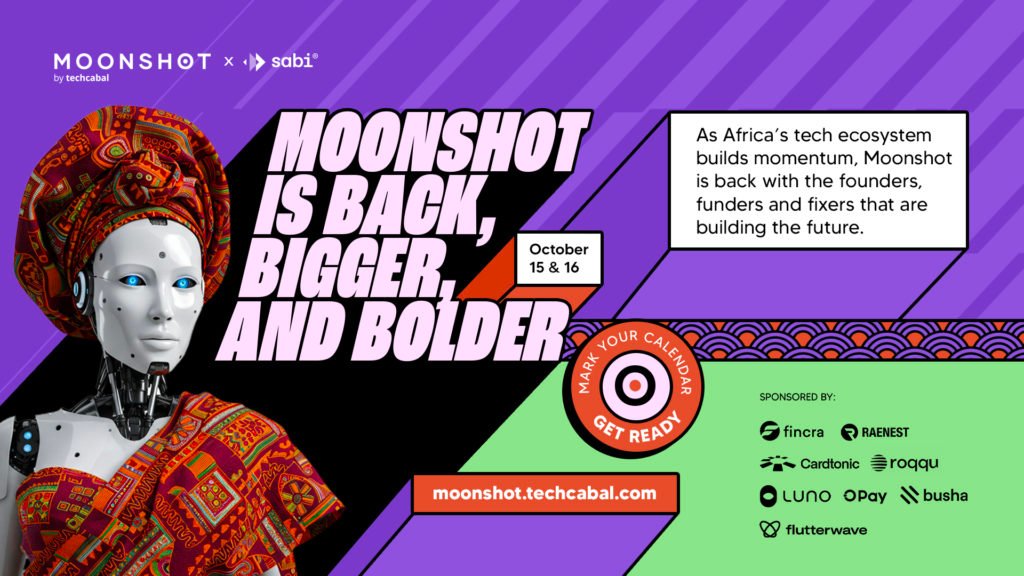






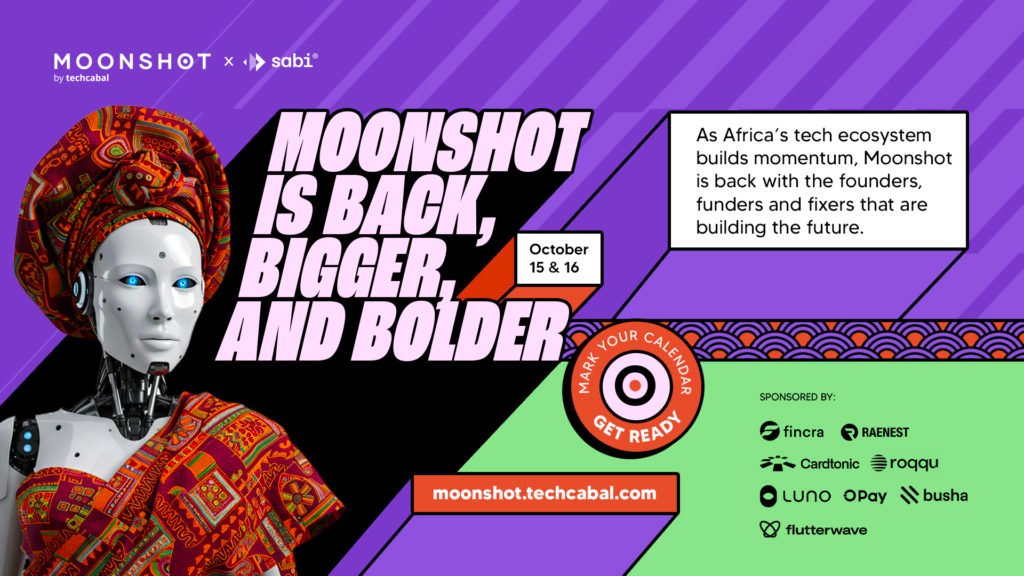
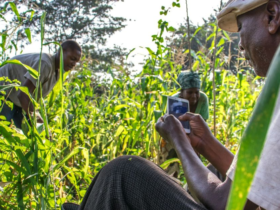

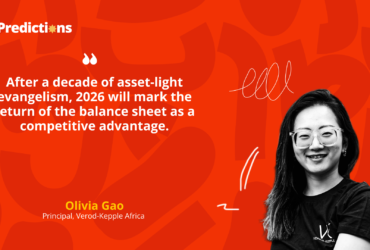


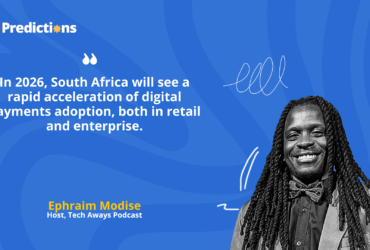

Leave a Reply